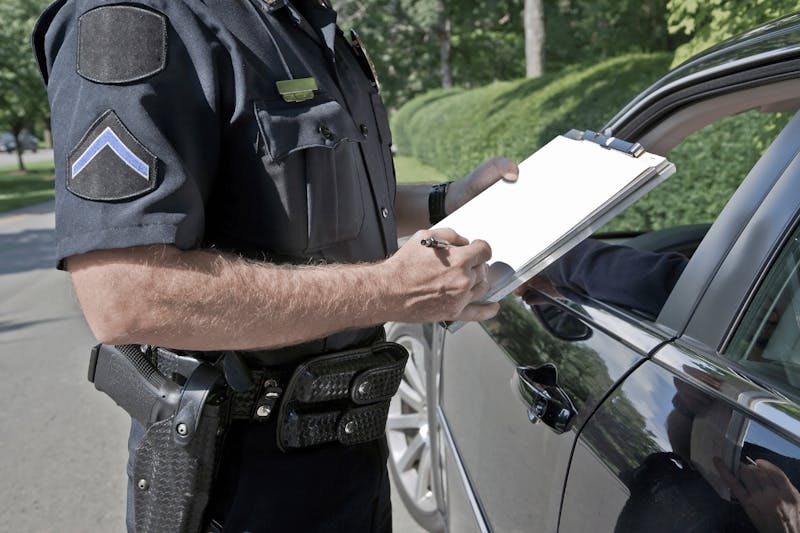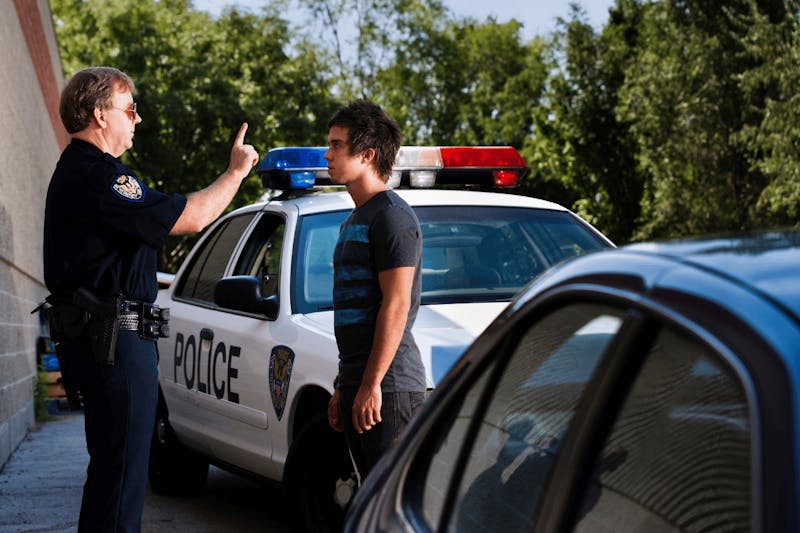03
Oct

Florida’s Approach to “Revenge Porn” and Digital Harassment Charges
The rapid expansion and accessibility of technology, social media, and internet access has enabled it to become common practice for people to publish sexually explicit images of another to internet websites and social media platforms. These images are circulated and disseminated ...
View More03
Oct

Domestic Violence Injunctions and Child Custody: What You Need to Know
An injunction is a court order that may be issued either to prevent or stop someone from doing something or compel someone to do something. A domestic violence injunction is an order by the court to refrain from engaging in specific conduct or behavior which is unlawful. The purp...
View More03
Oct

How Pretrial Diversion Programs Work in Florida
In the State of Florida Pre-trial Diversion (PTD), also commonly referred to as Pre-trial Intervention (PTI), is an alternative prosecution program that is structured by the county division of corrections for misdemeanor crimes, and the Florida State Department of Corrections for...
View More03
Oct

Emergency Custody Orders in Florida: When and How to File
Florida Family Law Rules of Procedure Form 12. 941(d) may be used by a parent or guardian to file an emergency verified motion for child pick-up order. However, this form should only be used when there is an emergency by a person who already has a pre-existing legal right to have ...
View More28
Sep

The Collateral Consequences of a Criminal Conviction in Florida
A criminal conviction in the state of Florida has collateral consequences which may affect employment opportunities, educational opportunities, housing, and even firearm rights. There are two general categories of crimes with the lower level being a misdemeanor and the higher lev...
View More28
Sep

Florida’s Romeo and Juliet Law: What It Means for Young Defendants
We have all heard of, or watched some Hollywood version of, Romeo and Juliet but what is Florida's “Romeo and Juliet Law” -and what does it mean for young defendants charged with sex crimes? Florida’s Romeo and Juliet law is a legal provision known a...
View More30
Dec
Stay-at-Home Mom's Guide to Divorce
The O'Mara Law Group is available to assist stay-at-home mothers facing a divorce. Our team of family law professionals can offer support in various areas, such as financial planning, custody arrangements, and mothers’ rights. Our guide will help you develop strategie...
View More30
Dec
What to Do if a Friend Has Been Arrested
A friend or close family member has been arrested—now what? What are their rights? What are your rights? What can you do to help them, especially if they struggle with an illness, disability or mental health issue? Here, the experienced criminal defense attorneys at the O&...
View More23
Dec

When Is Speeding A Crime In Florida?
No one wants to be pulled over by the police for speeding. Still, most people think that speeding is a minor traffic infraction. In many cases, this is true. However, there are times when speeding is considered a crim...
View MoreCategory: Criminal Defense
23
Dec

How Does Bail Work in Florida?
When a person gets arrested and placed in jail, one of the first things they (and often times friends and family) must immediately focus on, is how to get out of jail as quickly as possible. Generally, before a person...
View MoreCategory: Criminal Defense
23
Dec

What You Need to Know About Bigamy in Florida
For some of the people tying the knot in just one marriage is just not enough. Some people prefer getting married more than one time. When you are getting married to more than one person, this concept is referred to a...
View MoreCategory: Criminal Defense
23
Dec

What to Expect During a DUI Stop in Orlando
Seeing a police car’s flashing lights and hearing the siren behind you is a very unsettling experience for anyone on the road. You may not realize right away that you are being pulled over for a suspected DUI, but you...
View MoreCategories: Criminal Defense Dui

